The lungs are vital organs that sustain life. Every breath delivers oxygen to your cells and clears carbon dioxide from your body. Yet many people take these organs for granted until breathing problems appear. At Daiwa Health Development, we believe that protecting lung health is one of the most powerful steps you can take toward better overall health. The good news is that there are natural ways to take care of your lungs, and these strategies don’t require expensive treatments or harsh drugs. One of the lungs' natural defenses is the production of mucus, which traps unwanted substances and helps cleanse the respiratory system.
How the Lungs Work
Your lungs are spongy, complex organs inside the chest cavity. They perform a process called gas exchange, moving oxygen into your bloodstream and carbon dioxide out of it. This process happens automatically under the guidance of the nervous system. Muscles in your chest and stomach muscles help draw air in and out, fueling every part of your body.
When this delicate balance is interrupted, problems arise. Lung conditions like asthma, chronic bronchitis, and obstructive pulmonary disease COPD interfere with gas exchange, leaving you fatigued and vulnerable to serious illness. Cigarette smoke, outdoor air pollution, and even prolonged exposure to household chemicals can damage lung tissue and impair lung capacity. That’s why daily choices directly impact lung health.
Why Lung Health Matters
Healthy lungs keep your body’s energy supply strong. They allow you to stay physically active, sleep soundly, and resist respiratory infections. On the other hand, lung disease is one of the leading causes of death worldwide. Chronic obstructive pulmonary disease, emphysema, and lung cancer remain high risk conditions linked to smoking, secondhand smoke, and poor air quality.
The American Lung Association emphasizes that prevention is key. Early detection through regular check ups with a healthcare provider significantly benefits outcomes. Screening for lung diseases is crucial as these conditions often go unnoticed until they become severe. By acting early, you can avoid conditions that worsen lung disease and protect overall health for years to come.
Natural Strategies to Keep Your Lungs Healthy
Quit Smoking and Avoid Secondhand Smoke
The most powerful step you can take is to stop smoking. Cigarette smoke damages the mucosal linings and tiny hairs that keep airways clean. Over time it scars lung tissue, reduces lung capacity, and increases the risk of lung cancer. Even if you never smoked, you should avoid secondhand smoke whenever possible. Quitting smoking lowers the risk of chronic lung disease and helps lungs cleanse themselves over time.
Stay Physically Active
Regular exercise strengthens the muscles that support breathing and increases lung capacity. When you move, your lungs work harder, making them more efficient. Deep breathing during activity can improve oxygen exchange and better lung function. Even light physical activity such as walking offers health benefits for people with chronic conditions. A healthcare provider can recommend safe ways to stay active.
Improve Indoor Air Quality
Because most people spend the majority of their day inside, indoor air can directly impact lung health. Dust, mold, and household chemicals are harmful substances that stress the respiratory system. To improve indoor air quality, keep your home well ventilated, clean regularly, and consider air filters if you live in areas with outdoor pollution.
Guard Against Outdoor Air Pollution
Outdoor air pollution and outdoor air filled with vehicle exhaust or allergens can harm even healthy lungs. On poor air quality days, avoid exercising outdoors and opt for indoor activity instead. Fresh air in natural environments like parks or forests helps lungs thrive without the burden of toxins.
Eat Nutrient-Dense Foods
Nutrition plays a major role in lung health. Beets and beet greens support blood vessels, peppers and apples provide antioxidants, while pumpkin and tomatoes manage inflammation. Blueberries, turmeric, and green tea have properties that protect against lung damage and support better lung function. These foods loosen mucus, protect lung tissue, and help remove harmful substances from the body.
Practice Breathing Techniques
Breathing exercises strengthen lung function and reduce shortness of breath. Try controlled coughing to remove mucus, or postural drainage positions that help loosen mucus in the lungs. Postural drainage involves lying in different positions to use gravity to assist in clearing mucus from the airways. Techniques such as slowly inhale through the nose and pursed lip breathing improve airflow and calm breathing problems. Practicing deep breathing daily can significantly benefit both lung function and mental health.
Rest and Protect Against Infections
Adequate sleep is essential. Less than seven hours per night weakens the immune system, leaving you prone to respiratory infections that can worsen lung disease. Hydration helps preserve the mucosal linings in your respiratory system, offering protection against infections. Vaccinations, handwashing, and avoiding prolonged exposure in crowded environments all reduce infection risks.
Limit Exposure to Radon and Harmful Substances
Radon gas is a hidden threat linked to lung cancer. Simple test kits can detect it in homes. Reducing prolonged exposure to dust, fumes, or workplace chemicals is also vital. Protective gear is recommended if your environment contains harmful substances.
Connecting Lifestyle and Lung Health
Taking natural steps to protect your lungs improves overall health, reduces high blood pressure, and lowers risks of chronic conditions. These changes don’t just reduce lung damage—they improve quality of life. At Daiwa Health Development, we’ve seen how better habits combined with targeted supplements can support lung health, boost immunity, and even help increase lung capacity over time.
What You Can Drink to Support Healthy Lungs
Hydration is one of the fastest ways to support better lung function. Water helps remove mucus and allows the lungs to work efficiently. Staying well-hydrated keeps mucus in the airways thin and flowing, making it easier to expel and reducing the risk of infections. Green tea offers antioxidants and inflammation management benefits, while herbal teas soothe mucosal linings. Combined with proper nutrition, these drinks support healthy lungs naturally.
A Holistic Approach
There is no single trick that guarantees perfect breathing, but some practices are remarkably effective. Many people talk about the “7 second lung trick,” which is simply the act of slowly inhale for a few seconds and exhale for longer. This simple act of controlled breathing helps expand lung capacity, improves oxygen flow, and calms the nervous system.
Conclusion
You don’t have to wait for a serious illness to take your lungs seriously. From quitting smoking to improving indoor air, these natural steps protect your respiratory system and strengthen your defenses against chronic conditions. Protecting lung health means protecting energy, vitality, and the ability to enjoy life fully.
At Daiwa Health Development, we design supplements that work alongside lifestyle choices to help lungs thrive. When paired with natural strategies, our products support better lung function, manage the risk of lung disease, and provide health benefits that extend well beyond the respiratory system. Taking action today ensures stronger, healthier lungs for tomorrow.

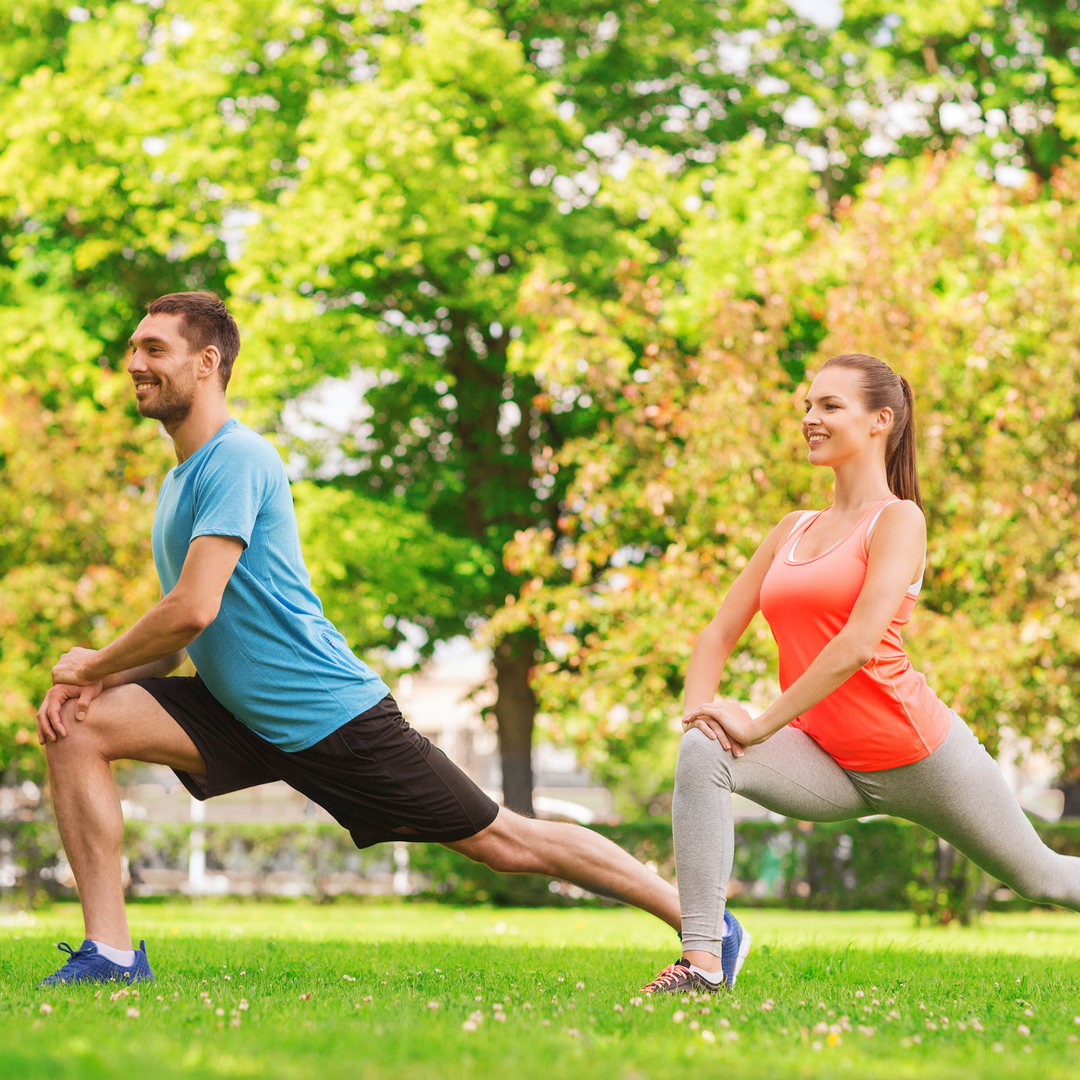

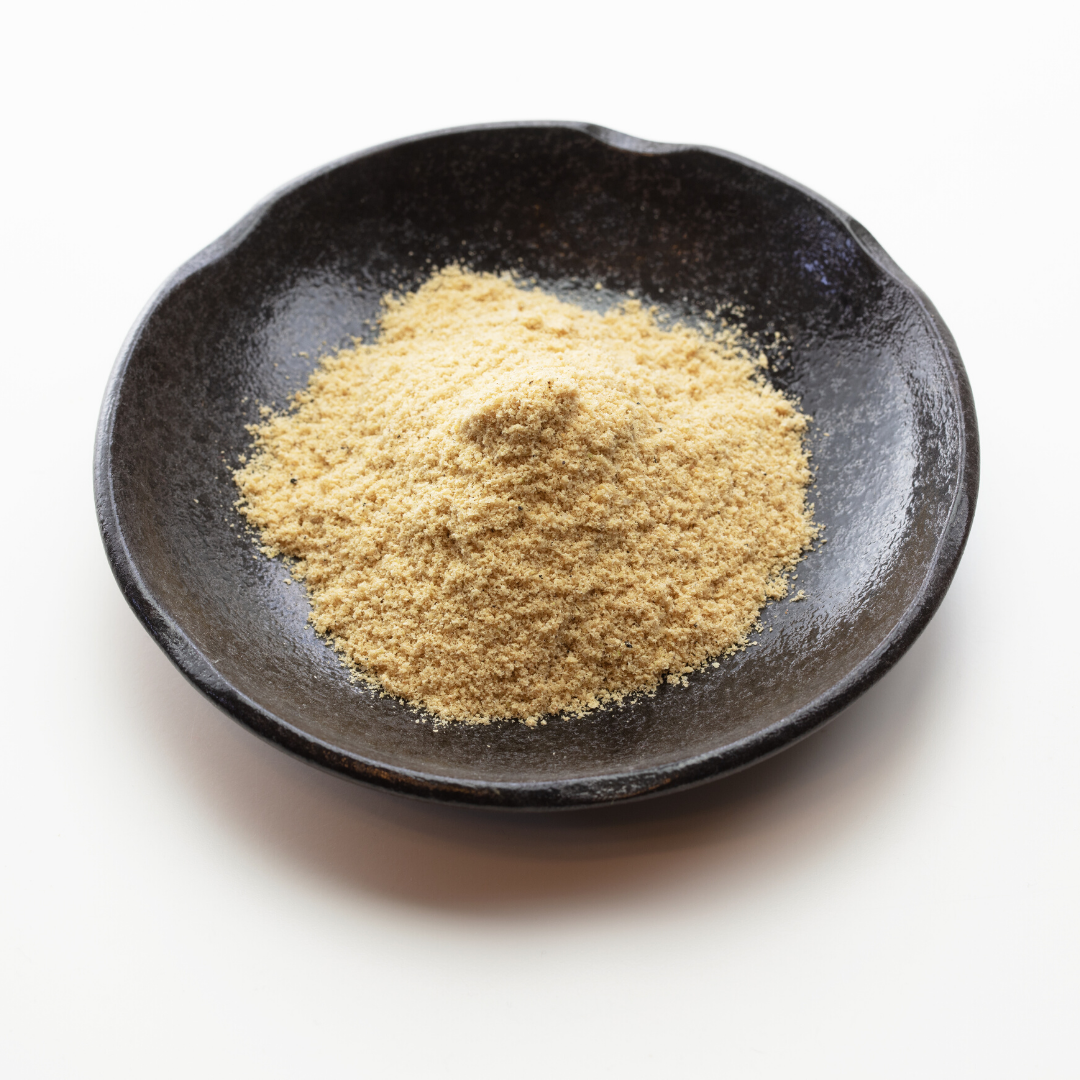

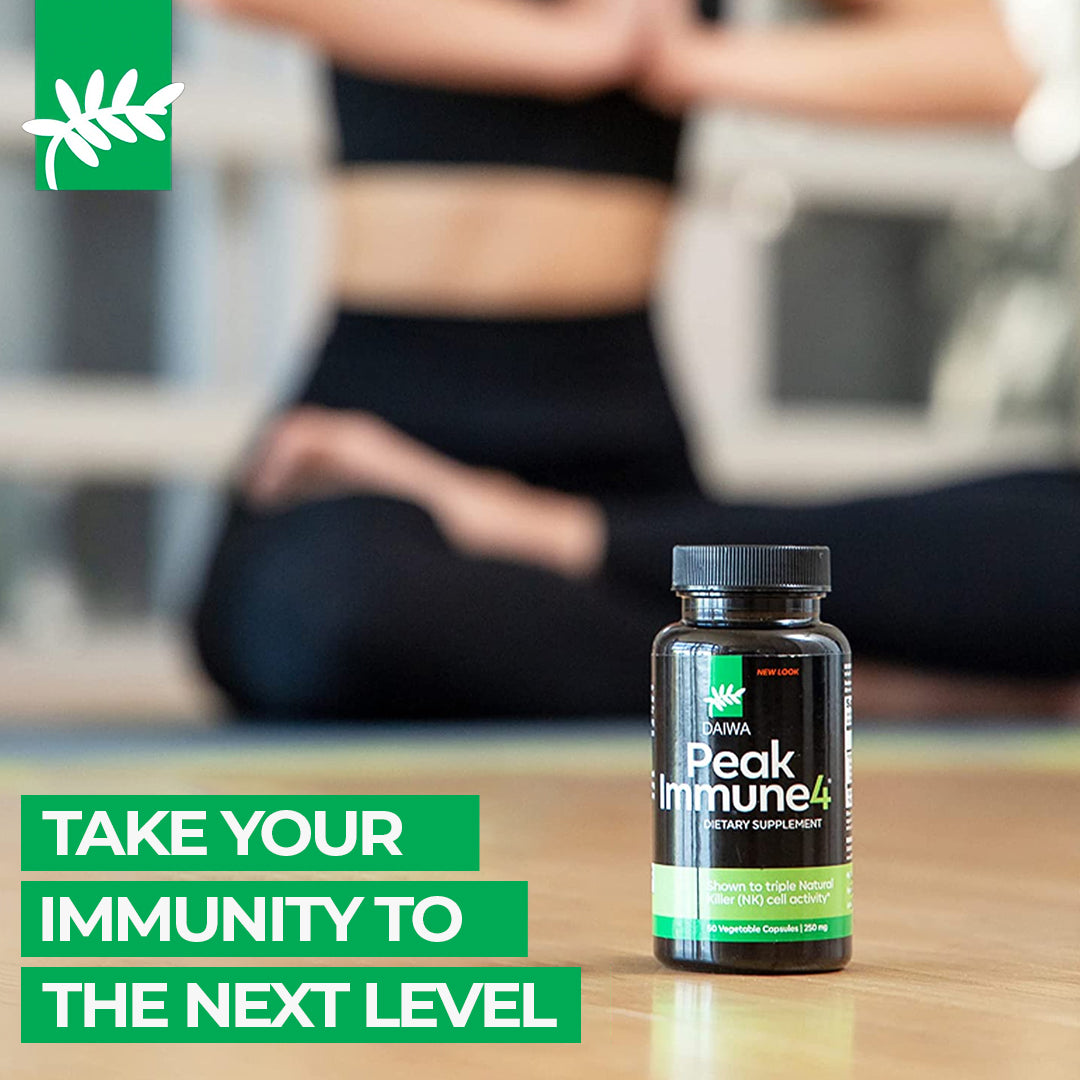
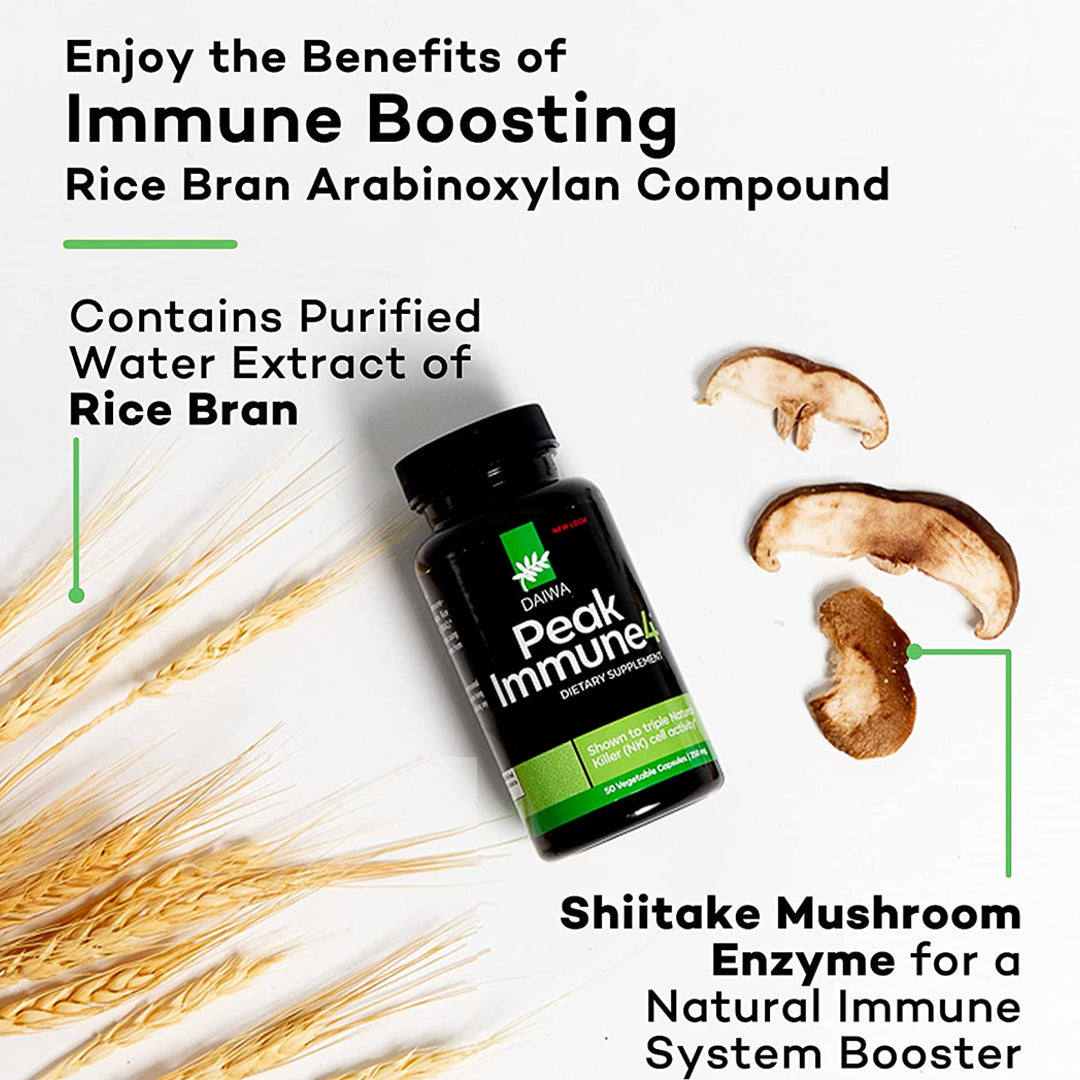
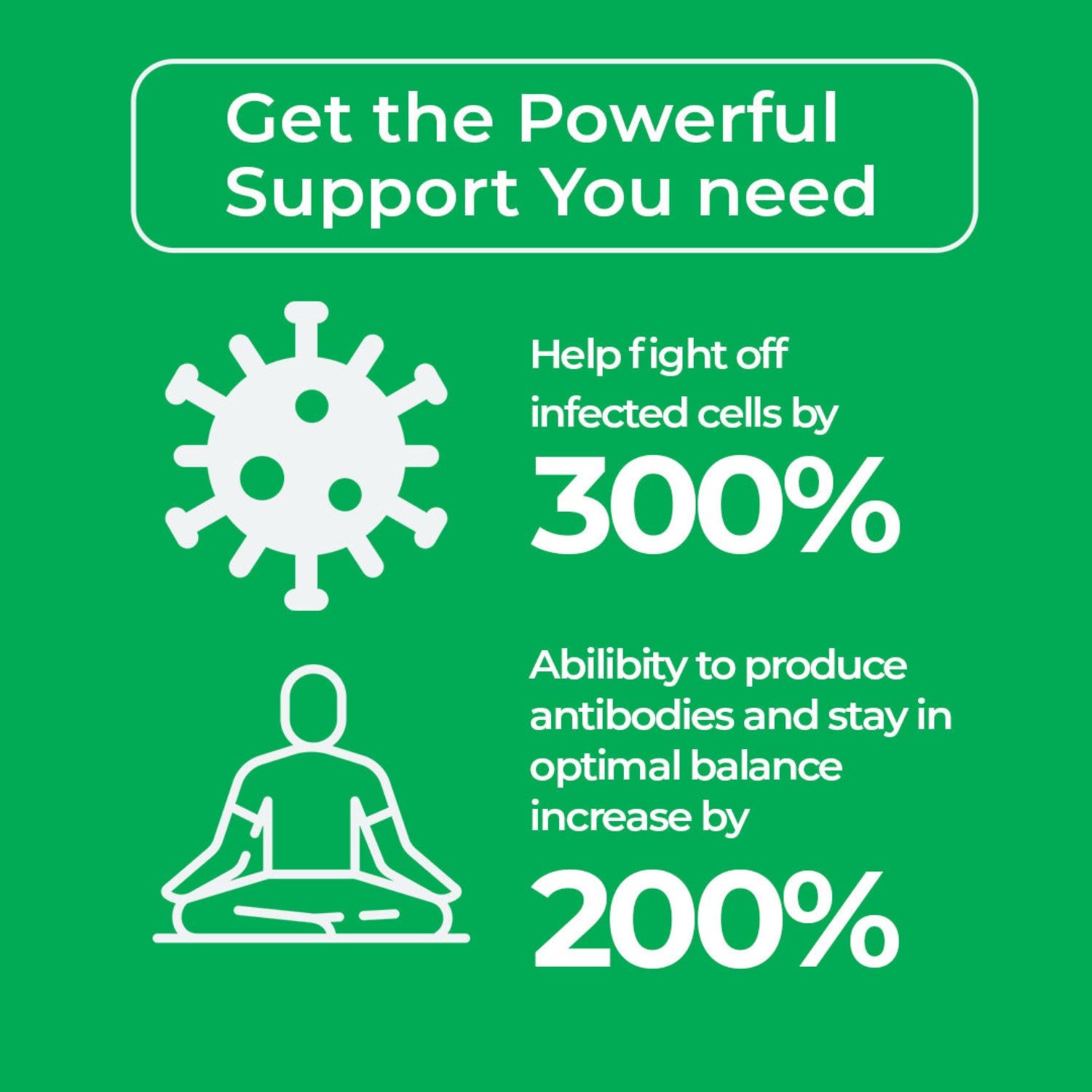
Leave a comment
All comments are moderated before being published.
This site is protected by hCaptcha and the hCaptcha Privacy Policy and Terms of Service apply.